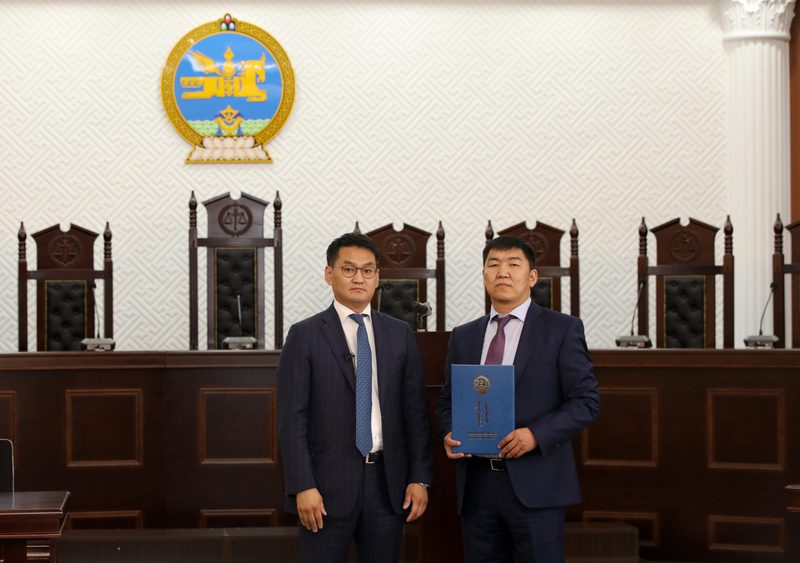Chamber for Criminal Cases
A complaint or protest may be lodged to the court of supervisory instance, according to provisions of Articles 303 and 304 of Criminal Procedure Law , if it is considered that courts of first instance or appellate instance have substantially violated the Criminal Procedure Law or have incorrectly applied the Criminal Law when reviewing and resolving a case.
Substantial violation of the criminal procedure law
Those violations of the requirements are which, by depriving or restricting the rights guaranteed by law of participants in a case during consideration of the case or otherwise, have prevented a court from thoroughly examining the case and have influenced or might have influenced the issuing of a legal and well-founded decree shall be deemed substantial violations of the criminal procedure law. A decision shall be subject to being annulled in any following event if:
- the decision is rendered by an illegally constituted court;
- the case is considered without the defendant in instances when his/her presence is legally obligatory;
- suspect, accused, or defendant was not provided with an opportunity to be defended;
- the secrecy of the judges' conference carried out in conference room is revealed;
- the decision is not signed by one of the judges;
- the file of the case lacks a record of the judicial session;
- provision of law that requires obligatory participation of citizens' representative in judicial session was violated.
Incorrect application of criminal law
If one of the following conditions exists, it shall constitute incorrect application of the criminal law:
- failure of a court to apply the applicable law;
- application of law that should not be applied;
- incorrect interpretation of a law contradicting its precise meaning.
The appeals and protests shall be filed through the court which made the decision. In occasions when a compliant or protest has been lodged through supervisory procedure against a decision or ruling, the court of first or appellate instance shall inform the parties on this and advise their right to give an explanation regarding the complaint or protest. The court shall review and resolve the case within 30 days after receiving the case and based on complicated nature of the case the Presiding Justice of the Chamber may extend the term for 14 days.
 Монгол
Монгол English
English
